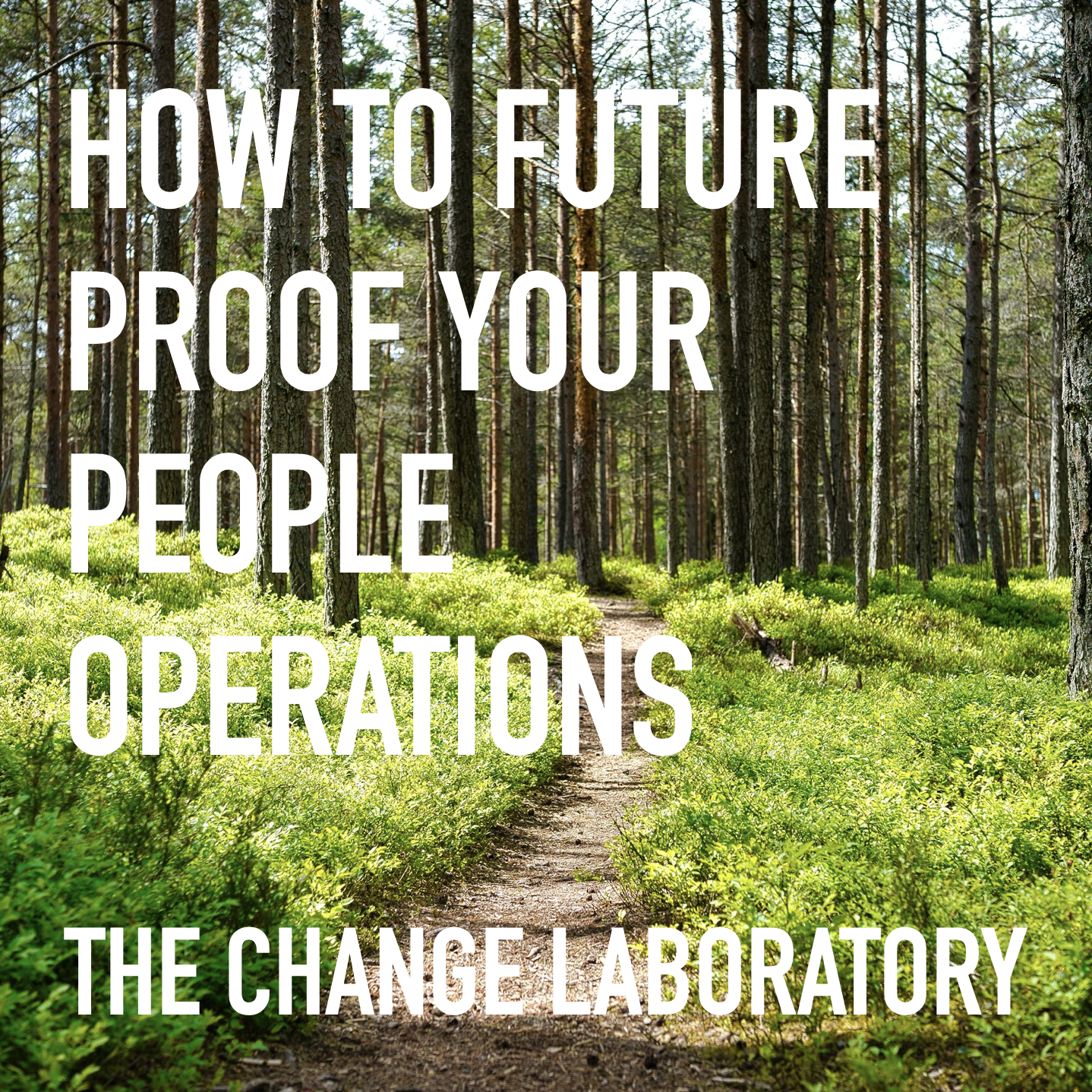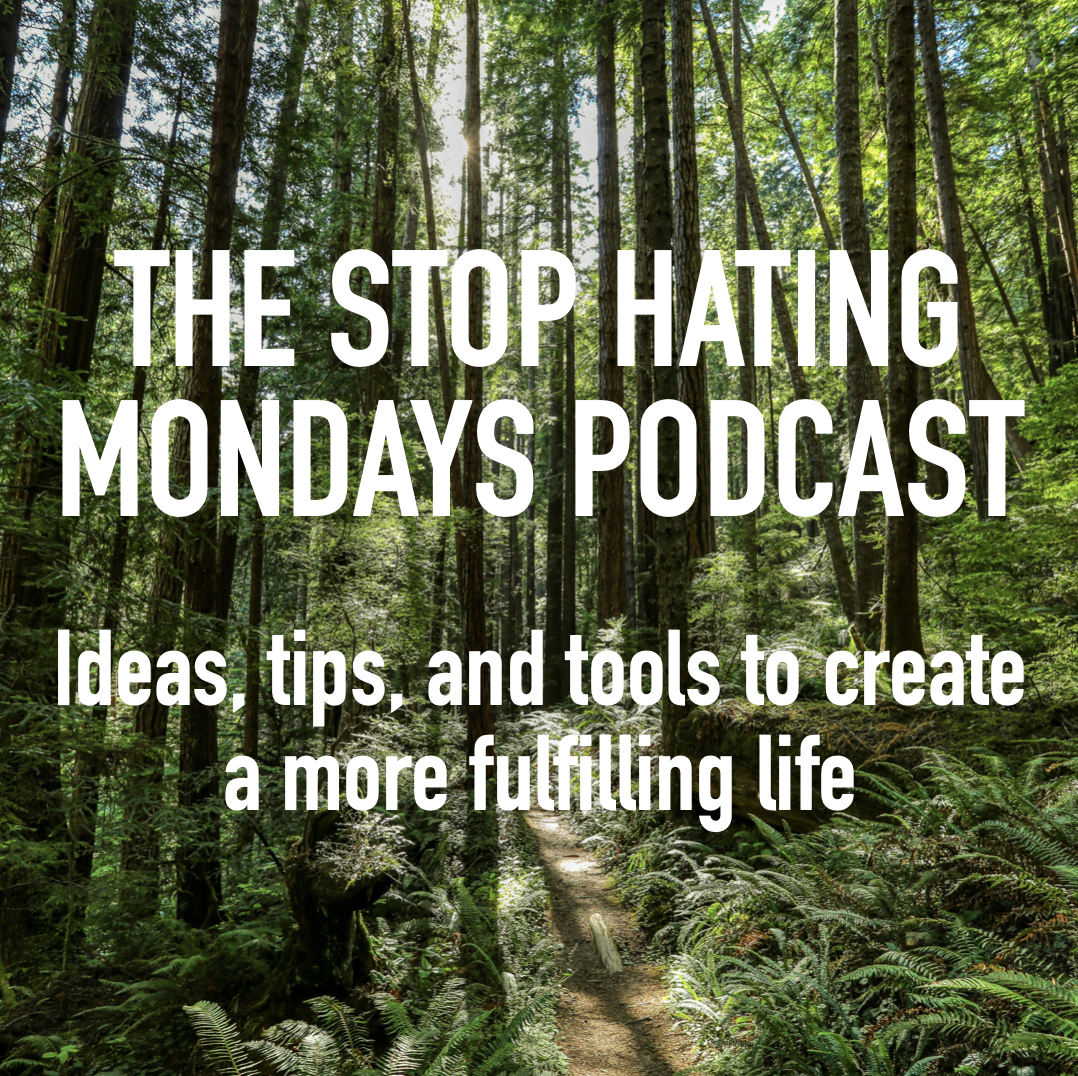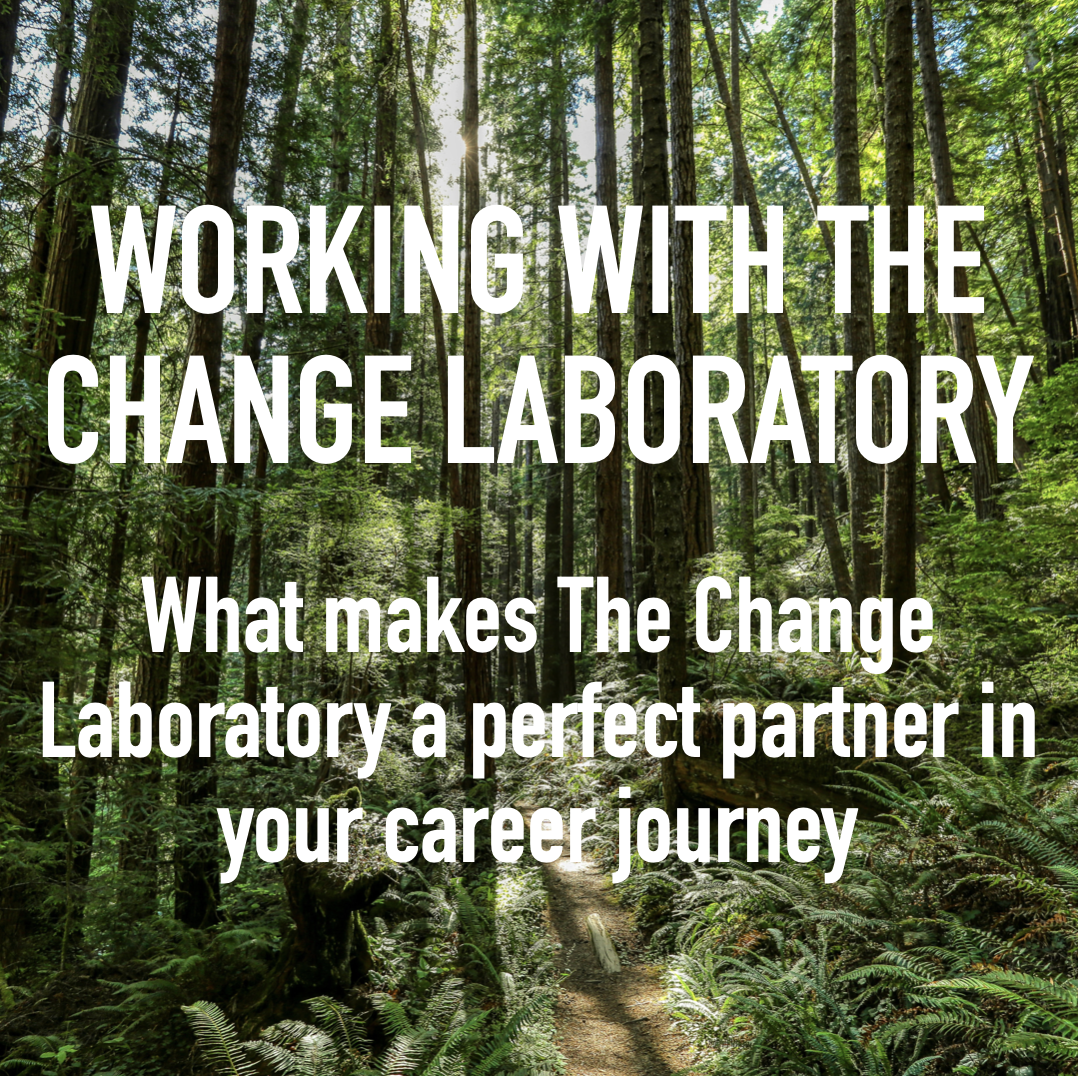How to Future Proof Your People Operations
Kent R.
There's an admittedly tired metaphor that Steve Jobs referenced: skate to where the puck is going to be. Well, very few organizations were prepared for the pandemic and even fewer had systems in place to deal with the constraints and disruptions that it created. There just weren't a lot of business leaders who thought the puck might end up in the “complete global shutdown” part of the ice. But that's where we are now. And it has a lot of employers not just coping with the fallout of the pandemic, but also looking to get ahead of what might be next.
So, on this episode of the Stop Hating Mondays Podcast, we're talking about some interesting ways companies can future proof their people operations.
TRANSCRIPT
(Transcripts are auto-generated and may contain minor errors)
Caanan
We don't use a lot of sports metaphors here at the change laboratory, but when I think of future proofing, I think of an admittedly tired metaphor that Steve Jobs referenced: skate to where the puck is going to be. Well, very few organizations were prepared for the pandemic and even fewer had systems in place to deal with the constraints and disruptions that it created.
There just weren't a lot of business leaders who thought the puck might end up in the “complete global shutdown” part of the ice. But that's where we are now. And it has a lot of employers not just coping with the fallout of the pandemic but looking to get ahead of what might be next.
I'm Canaan. I'm here with Kent. On this episode of the Stop Hating Mondays Podcast, we're talking about some interesting ways companies can future proof their people operations.
Caanan
This is a question we got the other day from a CEO of a small manufacturing company we've been working with. He asked, “how do we stay ahead of the curve? Like a lot of companies COVID really caught us off guard and made us aware of the need to do so.”
Kent
Yeah, OK, so I'm going to go with the big flex here because thinking of the pandemic, which you bring up, I like that many companies didn't think the puck was going to be in global shutdown. But one of the many, many things we've all learned – especially companies – from the pandemic is how to operate remotely. Completely, remotely. Largely remotely. And as we're all being bombarded with in the news now companies are grappling with, “oh gosh, this percentage of people never want to come to the office.” “This percentage of the people always want to be in the office.” “This percentage of people want hybrid,” but only if hybrid means they're out of the office on Fridays.
And it's creating all sorts of drama.
Caanan
It's super complicated.
Kent
Yeah, and with the resurgence hat we've seen with COVID, it's allowed companies to sort of kick the can on a final decision. And behind the scenes, they're terrified and scrambling to figure out what their approach is going to be.
So I'm going to say, all of this virtual stuff that, you know, companies kind of want to get past to some degree, they've learned – it was like 10 years ago – they learned that that being completely remote was not a great thing because those water cooler moments, as they're called, could not be duplicated online… To companies, they just didn't have the same validity.
So to answer your question about how we can stay ahead of the curve. I think was your exact… like how can we future proof, I'm going to take a big flex and say getting comfortable with virtual and I'm going to say, for example, virtual recruiting.
Caanan
Oh OK, yeah.
Kent
Yeah, it is the absolute way of the future. Not only because things like health scares, you know, they're saying are now going to be a part of our life.
Companies are responding by mostly taking a hybrid approach, so there's got to be a level of comfort with functioning virtually in general. But what there's very little talk about is the fact that our up-and-coming youngest generation in the workforce, Gen Z, hey have entirely built relationships online. This is no awkward turn for them.
So, when we're consulting with companies, it's always interesting the water cooler thing often comes up, and when you're working with baby boomers and some Gen Z, some millennials, there's some truth to that because people in those generations.
Caanan
You meant Gen X.
Kent
Sorry yeah.
Caanan
Yes. Gen X, millennials, and baby boomers.
Kent
Yeah, baby boomers. Completely. Yeah, Gen X and millennials kind of in a hybrid way because although all those generations were trained in person, so to speak, Gen X and millennials had to learn to, you know, operate in both environments.
But what we don't talk about is Gen Z is used to building complete relationships completely online.
Yeah, there's no lack of trust. There's no need for, uh, ramping up. It is not the awkward thing for them that it is for people in the other generations.
So yeah, I'm going to say future proofing is all about getting comfortable with that. What's coming, Maybe not in the next couple of years, but beyond that. Don't even get me started on the metaverse; how that ties directly into this…
Caanan
Right, yeah yeah.
Caanan
OK. So Kent, as you just pointed out, a lot of the “how to be better prepared” talk has centered on remote working. So much so that it's actually kind of sucking all the air out of the room.
But it doesn't really have… like this remote working conversation doesn't have a lot of impact on a huge amount of the workforce. The people in the frontline positions. The customer facing positions who, from an employment perspective, have really shouldered the greatest part of this pandemic.
So what can the company do to be better prepared to serve the people in these kinds of business critical frontline roles?
Kent
Yeah, that's a great question because as part of what I was just talking about, we know there's all these people… you know there's this huge debate on when is Apple going to make people go back to the office. And here in Seattle, Amazon and Microsoft.
We're starting to hear an uproar from people who are thinking, who are saying, “I don't have a choice!
I have to be frontline.” Not only that, in the most progressive of cities, steps are being taken to really honor how difficult it is on so many levels to be in those frontline positions. This is nothing new. This was the case before the pandemic and now it's taken a global pandemic for us to realize for much of the world to realize just how important these roles are and how they take a lot out of you, whether there's a pandemic or not.
So companies really need to be paying attention to these roles.
We know from our experience that the best companies foster growth. So, in any kind of organization, whether entry level starts at customer facing retail or phone customer service, ideally you want those people to be able to find a home within your organization. The benefits far outweigh the costs. So you need to make those roles even more enticing for people.
So, for starters, you can't mess around with pay. You really want to pay people in a way that they can live on. So basics… I think companies have a lot of room to grow in even these basics.
What is going to keep somebody from jumping ship? And in terms of these, like you said, people that can't work remote – often because they're in some kind of internal or external customer facing role then it tells you there somebody that's very important and they should be treated that way.
Caanan
Sometimes the best thing you can do to be prepared for whatever may come is to let go of outdated systems or ideas that are keeping you from being able to pivot and respond quickly.
So, is there something that we see a lot of companies out there doing that you think they should stop doing in the interest of increased agility?
Kent
Yeah, I talked earlier about, you know, people want to feel good about where they work. So, I said that in a prior episode of South Social change. Same here.
It's basically, people want a sense of agency where they work. So get rid of bureaucratic systems and sign offs and multiple layers of approval and really consider widening that band within which people can operate – making decisions for the company, for the customer, for their coworkers – that are the right decisions for everybody involved. And in the end, you've got a good decision and you've got an employee feeling like they have more agency, which is going to make them feel better about their job.



